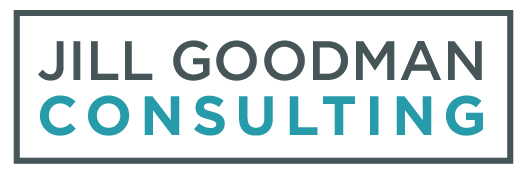The Generation of Confident Leaders
As a society, we value people who are so confident that they can stand in front of thousands of people and deliver a TED talk. At work, we get in line to follow the loudest person in the room, the one that is most decisive; the one who seems to have a plan of his own making. If media reflect society, then not only do we value those that are extroverted and wealthy, we equally value those that are confident enough to memorize the words of others and interpret those words in a film, eschew civility and speak one’s mind through YouTube videos and reality television shows, or rant through an endless stream of tweets.
I see the effect of this media driven value shift reflected in schools. When I conduct focus groups, it’s interesting how often the school community tells me how connected they feel to the school, the teacher, and their child when they attend an event geared toward public display of student achievement. When children publicly speak, debate, act, sing, or otherwise perform and succeed in front of an audience, parents believe there is evidence of learning and progress, and most importantly, confidence.
What we are missing in our value assessment according to author and researcher Tenelle Porter in her 2018 Behavioral Scientist article, “The Benefits of Admitting When You Don’t Know,” is intellectual humility which is defined by Dr. Porter “as recognizing the limits of one’s knowledge and valuing the insight of someone else. In a culture in which confidence is admired and mistakes mocked, this is commendable.” Dr. Porter’s research indicates that intellectual humility is linked with a growth mindset and the understanding that intellect is fluid and not fixed. Imagine the genuine confidence that could be fostered if we choose to value those that question what they believe and invite opposing viewpoints into the room for consideration.
Schools report that students exhibit anxiety on a record scale. If we, as a society continue to revere those that are loud and outwardly confident and choose to ignore the quiet, introverted thinkers who embrace intellectual humility, how will we adopt the growth mindset needed to solve the problems of the future? Susan Cain, author of the 2012 book, Quiet: The Power of Introverts in a World That Can't Stop Talking, offers a deep understanding of the introvert neurobiology. Her website helps teachers transfer that insight into the classroom. Students become anxious when there is an absence of civility, a lack of celebratory idea sharing, and an absence of understanding of the exploratory nature of children.
Do we want a generation of blustery leaders who steamroll thoughtful, idea generators who happen to be introverted? Can we demonstrate learning and creativity of thought that do not require a public display? Let’s consider ways to teach parents and students to embrace and celebrate the ideas of all students, not only the ones who forge forward and jump at the opportunity to be front and center in the classroom and the next school production.
The author, Jill Goodman, is a consultant working with independent school leaders to advance their school’s mission, enhance their processes, and bolster their skills.



